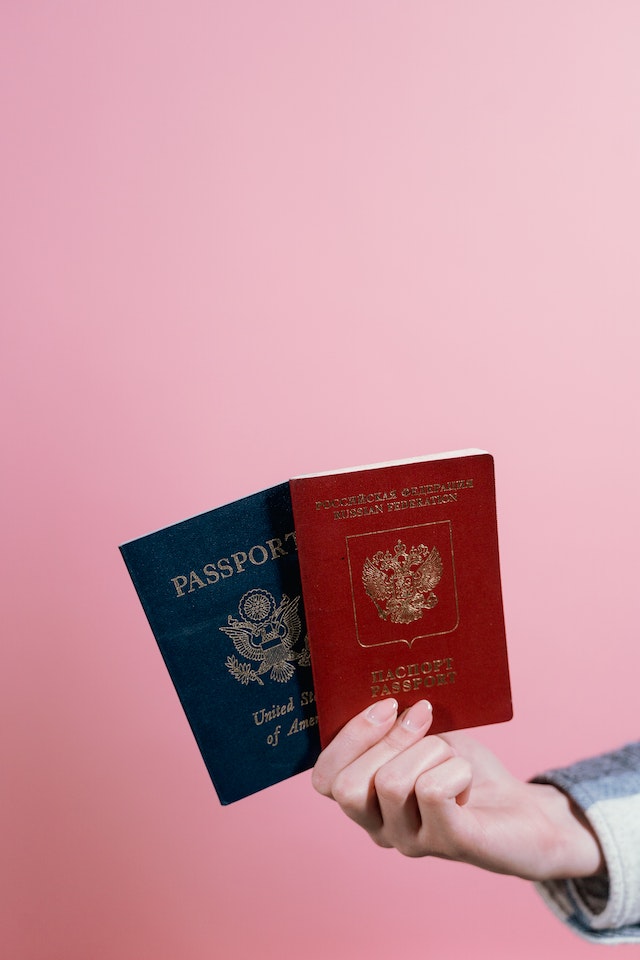
Having a visa for the United States may be expensive right now. For example, you have to pay fees for visa processing, the prices for credit and debit cards, and fees for translation services. In addition, the costs of the visas may be increased due to economic discrimination.
Economic discrimination in visa costs
Having investigated visa costs around the world, we have found that many factors contribute to the cost of travel. They include the type of visa, geographic proximity, and local economic factors. Unfortunately, these factors vary by region and are only sometimes visible on government websites.
The most obvious – the Kenya online visa cost – is only sometimes a given. Many countries in Africa charge very high fees for tourist visas. The lowest cost is for Western Europe, Australia, New Zealand, and Scandinavia travelers.
For many African countries, visa costs equal several weeks of mean income. These costs can be a result of the political economy of the region, as well as the country’s historical and cultural ties to the destination.
A global survey of visa costs has revealed a system of selective behavior in charge of these fees. For example, in many countries, travelers from less democratic countries pay more for tourist visas than those from more democratic countries.
In addition, countries from the Global South charge high fees for travelers from other regions. For example, Ecuador charges 450 USD for entry from a developing country.
Costs of translation services for K-1 visa
Getting a K-1 visa is an expensive endeavor. It can cost between $800 and $1000. Aside from the paperwork required to get the green card, the applicant must show proof of residency and medical health. If the applicant travels with a partner, the costs are even higher.
Getting a K-1 visa is a big commitment, but it is well worth the effort. In the end, you will be rewarded with a long-term green card. As such, it is ensuring that you are fully informed about the application process is essential. This includes obtaining a valid passport before applying for a visa. Again, a reasonable attorney can help you navigate the visa application process maze.
The cost to acquire a K-1 visa can vary depending on where you are in the U.S. A good lawyer will tell you that a good portion of the cost will be recouped in the form of a green card. This will come in handy when planning a trip back to your adopted country of residence.
Increases in processing fees for credit, debit, and prepaid cards
Increasing processing fees for credit, debit, and prepaid cards is one of the issues that retailers are most concerned about. These fees are charged by credit card companies and go towards processing payments.
Credit card networks include Visa and Mastercard. These card networks also charge a network fee based on the volume of cards being processed. This fee is passed on to merchants. It also includes the cost of processing the card. These fees may vary, depending on the business.
The card networks also charge different amounts for card-not-present transactions. Typically, merchants pay an interchange rate on the total transaction. In addition, they may also be required to pay a fixed acquirer network fee. These fees are based on the number of locations a merchant has and the number of cards being processed.
The interchange fee is the most significant component of a merchant’s processing fee. The interchange fee is calculated on the type of transaction, the type of card used, and the purchase amount.
Visa and Mastercard recently increased their interchange rates. The maximum swipe fee increased from 12 to 21 cents, plus 0.05% of the transaction value. Some special interest groups lobbied to increase the fee.
Temporary U.S. visas
Getting a U.S. visa is not simple, but it is possible. A visa enables you to stay in the United States temporarily. You can use a nonimmigrant visa to vacation, study, or do business. There are many different types of visas, and each one comes with different fees. Some fees are mandatory for everyone, while others are optional.
The Department of State proposes a new visa fee for students, travelers, and high-skill workers. The fee will increase from $160 to $245. This increase does not apply to employment-based visas. It is designed to cover the costs of providing visa services. However, critics say it could discourage some travelers from visiting the U.S. Moreover, it could cut down on student enrollment.
The new fee is part of the State Department’s plan to restore routine visa services. It is also a reaction to the Trump administration’s executive order that limited the number of temporary work visas.
The new fee also affects the nonimmigrant visa, which costs $245, an increase of 54%. The fees are divided into two categories: petition-based and non-petition based. The petition-based visa is typically higher in cost because it requires you to pay a fee to the U.S. authorities before you can submit your petition.
Nonimmigrant visas
Streamlining costs for visa sponsorship may help startup businesses hire foreign workers. It also helps ensure that employers maintain good working conditions for their employees.
Nonimmigrant visas are often confusing to apply for, especially tourist visas. They allow travelers to enter the United States as tourists but can also discourage some travelers from visiting the country.
Nonimmigrant visas are classified into several categories. These include tourist, business, student, and exchange visas. Each category has different fees. For example, the State Department reports that the tourist visa has the highest number of applications.
Nonimmigrant visas cost between $160 and $245. However, some visa applicants may also be required to pay the issuance fee. In addition, sometimes, a visa application fee is not refundable.
These fees are required for each visa application. The U.S. Department of State says the move is needed to offset the service cost. The agency will be accepting comments on the proposed increases until February 28.
The new visa fee will apply to both students and travelers. Critics have said the increase could discourage students from attending school in the U.S., while others have said the increase will only benefit students.





More Stories
How to Get to the Cayman Islands – A Comprehensive Overview
Plan The Perfect Father-Son Fishing Trip
How To Have a Great Road Trip